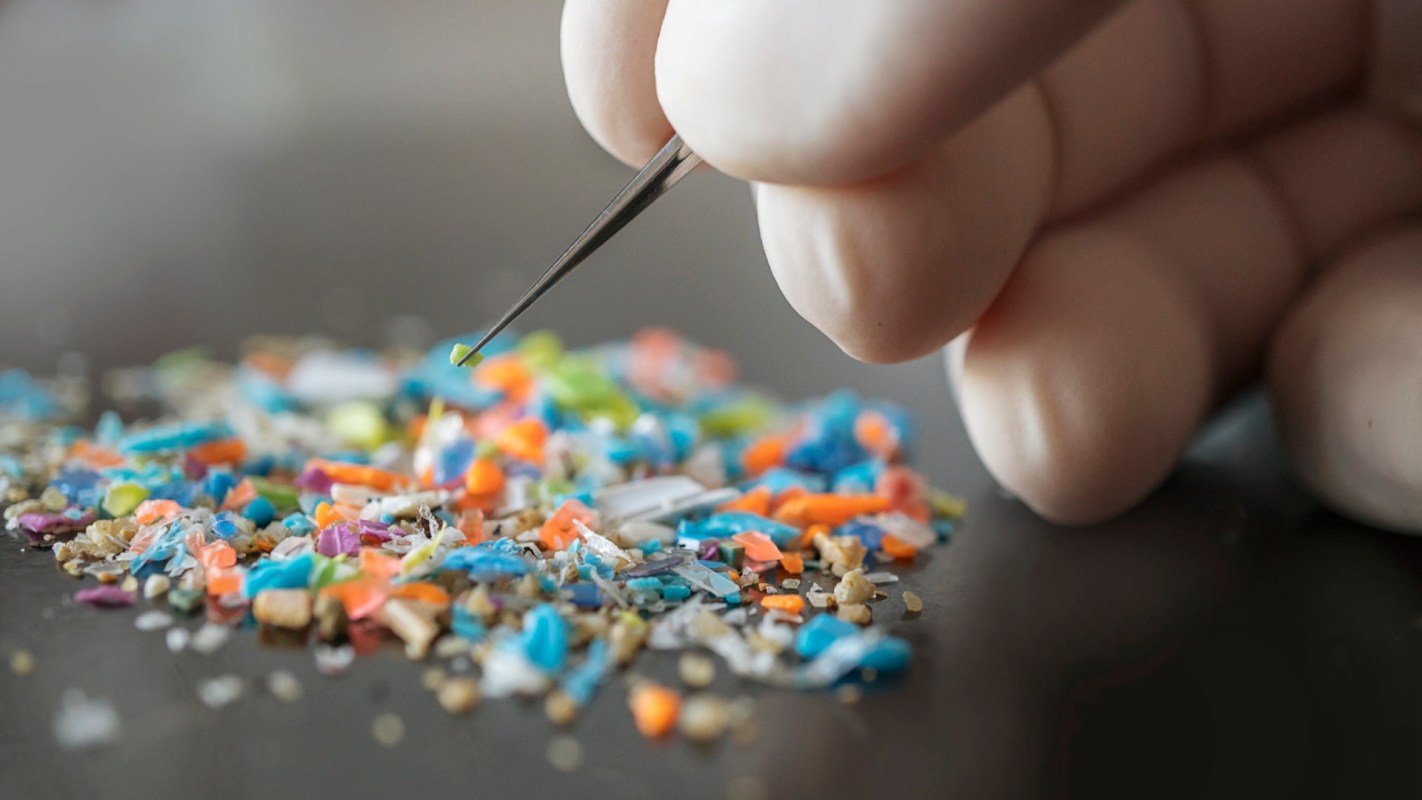Microplastics are famously widespread in the environment, but new research suggests that they are just as commonly found in the human body — and they might be changing how we behave.
What's happening?
Microplastics have been linked to neurodegenerative diseases like Alzheimer's, after a team of scientists assessed their effects on mice, according to a University of Rhode Island report.
Over three weeks, researchers from the university drip-fed microplastics to mice through their drinking water.
🗣️ Should plastic grocery bags be banned nationwide?
🔘 YES 👍
🔘 NO 👎
🗳️ Click your choice to see results and speak your mind
In that short period, the mice began to move and act strangely, showing behavior that resembled symptoms of dementia in humans.
These signs were more profound in older mice, indicating that microplastics' health effects get worse as we age.
"To us, this was striking. These were not high doses of microplastics, but in only a short period of time, we saw these changes," Professor Jaime Ross said in a statement.
Why is this discovery about microplastics concerning?
Ross' team is one of the few to have investigated the consequences that microplastics have on mammals' bodies, and the results are disturbing.
The health effects of microplastics have previously been largely speculative, but this experiment has shown that microplastics can break through the brain-blood barrier — something that is meant to be almost impermeable, per the university report.
The brain-blood barrier protects the body from viruses and bacteria, and yet microplastics were found accumulating in brain tissue.
Once there, microplastics appeared to cause the deterioration of glial fibrillary acidic protein (GFAB), a protein that stimulates many processes in the brain.
Reduction of GFAB has been linked to the onset of Alzheimer's disease and depression. This is concerning, considering how many of us already have microplastics in our bodies — one study recently detected microplastics in the blood of about 77% of its participants.
Ross also noted that in the new experiment, microplastics were found in the brain, liver, kidney, gastrointestinal tract, heart, spleen, and lungs, which means that they surpassed the mice's digestive system and circulated through the body.
This full-body exposure to microplastics could be disastrous, given that they have already been linked to some cancers, narrowing blood vessels, and falling sperm counts.
What can you do about microplastics exposure?
Even with so much historical exposure to microplastics, it is worth limiting any further contamination in the future.
An easy solution is to avoid plastic bottled water — one recent study found that for every liter of bottled water, you could be consuming 240,000 fragments of microplastics and nanoplastics.
Scientists are also working on a new filter called a "bioCap," which uses plant matter and sawdust to remove microplastics from drinking water.
Microplastics can also be found in the air that we breathe indoors, because they are shed from synthetic fibers on our furniture and carpets. Furnishing your home with natural materials, like wood, cotton, linen, and hemp, will help to reduce your exposure.
Join our free newsletter for weekly updates on the coolest innovations improving our lives and saving our planet.









